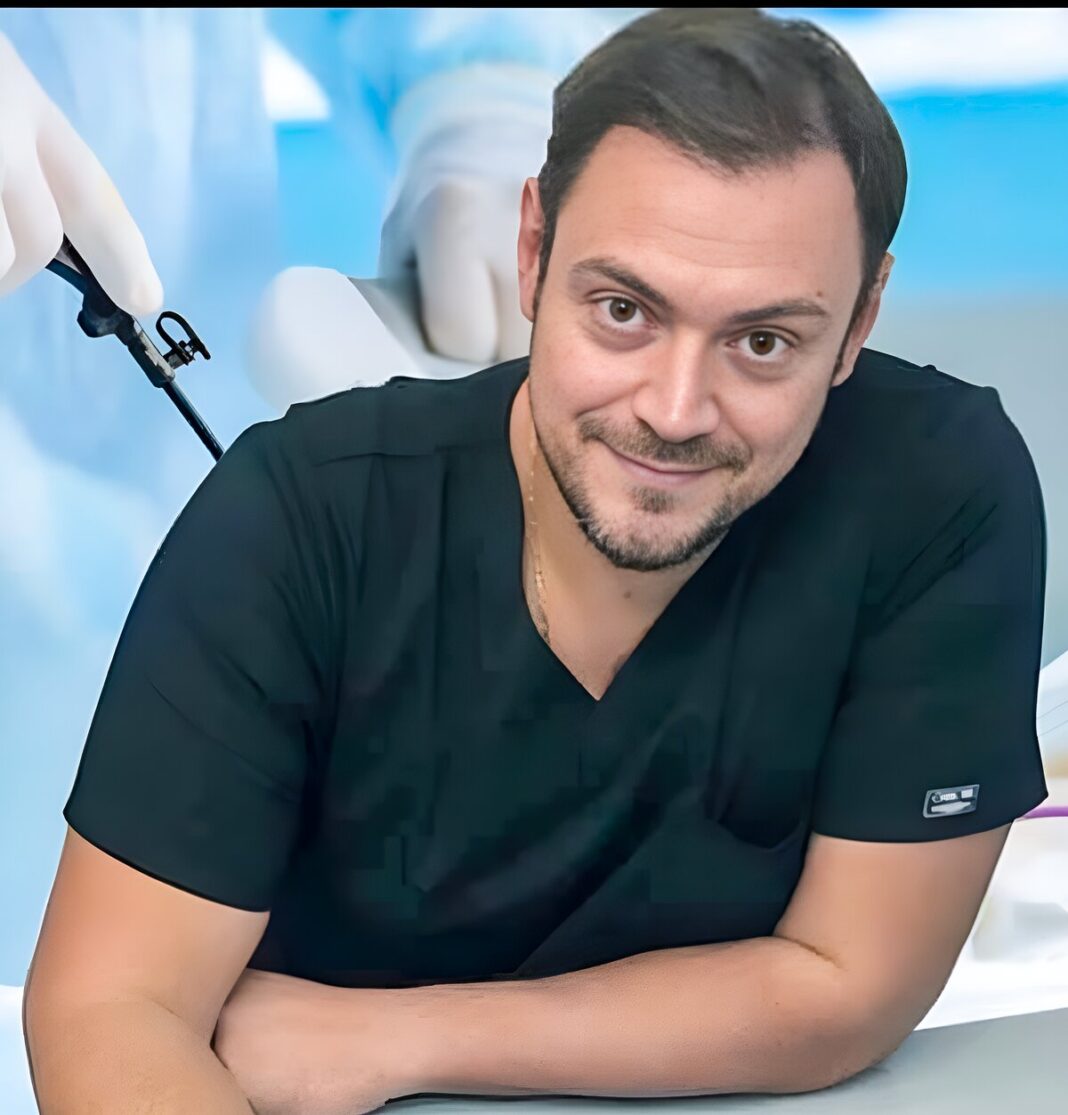Written by Dr. Dimitris Zisiadis, General Surgeon, Master Surgeon in Hernia Surgery, awarded by the American Society for Surgical Excellence Certifications.
In the field of General Surgery, where the intricacies of human anatomy meet the precision of medical expertise, the inguinal hernia emerges as a common challenge. Dr. Dimitris Zisiadis, a distinguished Director of General Surgery at the Psychiko Medical Center in Athens, shares his knowledge to shed light on the aspects of this widespread surgical issue.
Understanding Inguinal Hernia
An inguinal hernia, a condition affecting millions of people worldwide, occurs when contents of the abdomen, such as the intestines, pre-peritoneal fat, or even a portion of the bladder, protrude through a gap in the abdominal wall in the inguinal region. This condition can be unilateral, affecting one side, or bilateral, affecting both sides. It predominantly affects men, who represent 90% of cases, while a minority involves women. In cases where the hernia extends into the scrotum, it is referred to as a “scrotal hernia.”
Classification of Inguinal Hernias
Inguinal hernias are categorized into two main types: oblique and direct. The classification depends on how the abdominal contents protrude. Direct hernias are more common in the elderly, while oblique hernias are more prevalent in the younger population.
What Causes an Inguinal Hernia?
Understanding the cause of an inguinal hernia requires recognizing various contributing factors. Major factors include:
- Genetic predisposition
- Obesity
- Smoking
- Previous surgeries
- Pregnancy
- Constipation
- Chronic cough
- Advanced age
- Hemodialysis
- Chronic lung disease
- Collagen imbalance
Specifically, obesity stands out as a significant risk factor, emphasizing the urgent need to maintain a healthy weight to reduce the likelihood of developing an inguinal hernia.
How is an Inguinal Hernia Diagnosed?
The diagnosis of an inguinal hernia typically involves a clinical examination by specialists such as Dr. Zisiadis. While the clinical examination is sufficient in many cases, advanced diagnostic tools like ultrasound, CT scans, and MRI can be used for a more detailed evaluation, especially in complex cases.
Symptoms and Stages of Inguinal Hernia
The symptoms of an inguinal hernia can vary, with the early stages often being asymptomatic. As the condition progresses, patients may notice a mass, discomfort, and a burning sensation. Advanced stages can lead to pain, while incarcerated hernias may cause vomiting and bowel obstruction, which requires immediate treatment.
How is an Inguinal Hernia Treated?
Inguinal hernias necessitate surgical intervention, as conservative treatments are usually ineffective. Contrary to popular belief, special belts are not recommended, as they may complicate future surgeries. Early surgical repair is essential after diagnosis to prevent complications and recurrences. Surgical repair can be performed through the following methods:
- Lichtenstein Method: placement of a double mesh without general anesthesia, using local anesthesia and sedation
- LaparoscopicTechniques
- Robotic Surgery
Advantages of Laparoscopic and Robotic Treatment
The Laparoscopic hernia repair offers several advantages, including:
- Reduced postoperative pain
- Lower rates of chronic pain
- Faster recovery
- Improved cosmetic outcomes
Dr. Dimitris Zisiadis, with his expertise in hernia surgery, can tailor the appropriate treatment plan. For those suffering from inguinal hernia, contacting Dr. Zisiadis at the Psychiko Medical Center in Athens could be a decisive step toward understanding the procedure, evaluating costs, scheduling appointments, and ultimately improving the patient’s quality of life.
Being the Director of General Surgery at the Psychiko Medical Center in Athens, Dr. Zisiadis has extensive experience and specialization in surgical procedures, particularly in the field of inguinal hernias. Dr. Zisiadis is committed to providing personalized and effective treatment plans, ensuring the well-being of his patients.
Dr. Dimitris Zisiadis, General Surgeon, Master Surgeon in Hernia Surgery, awarded by the American Society for Surgical Excellence Certifications.







